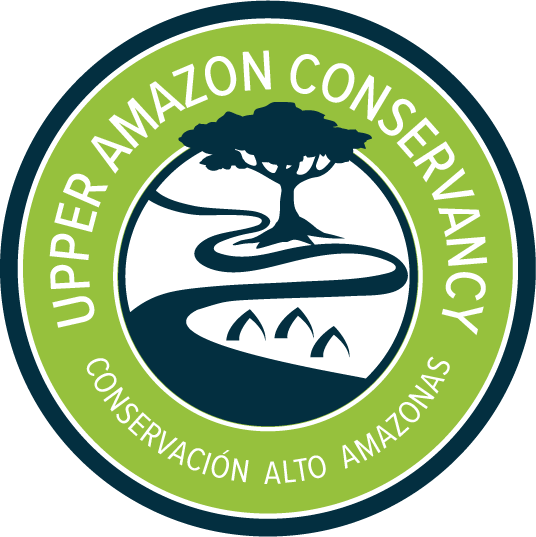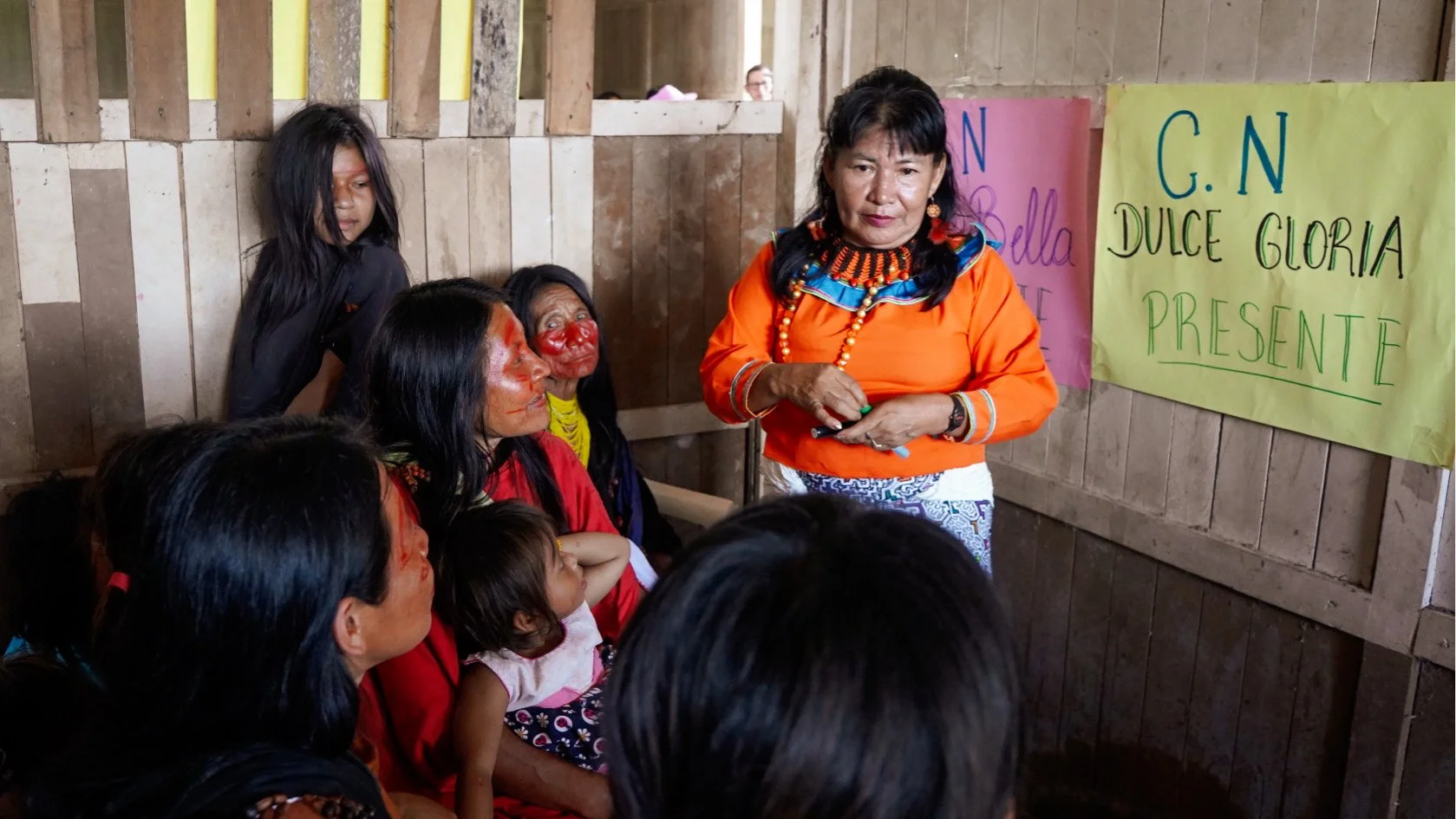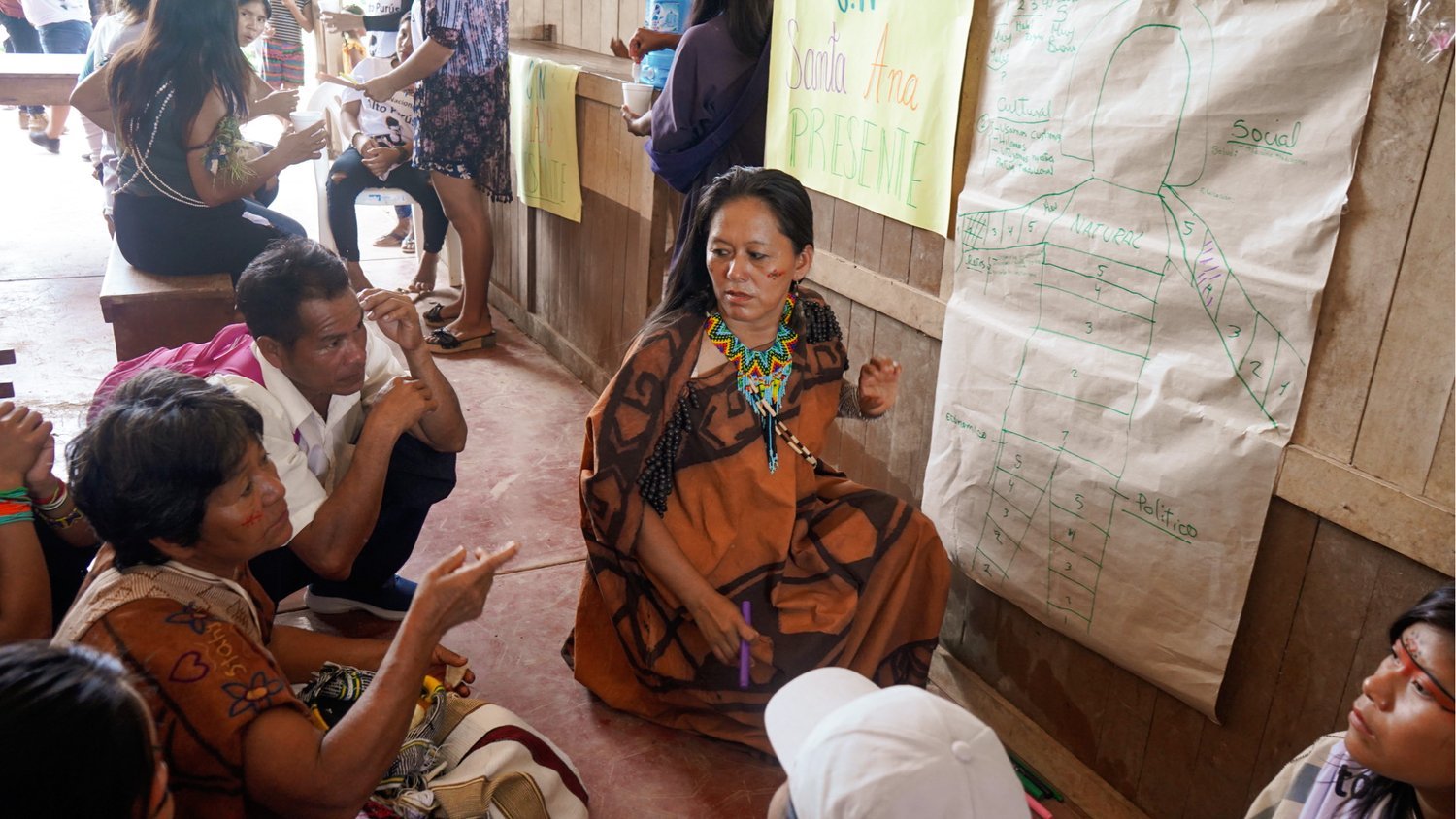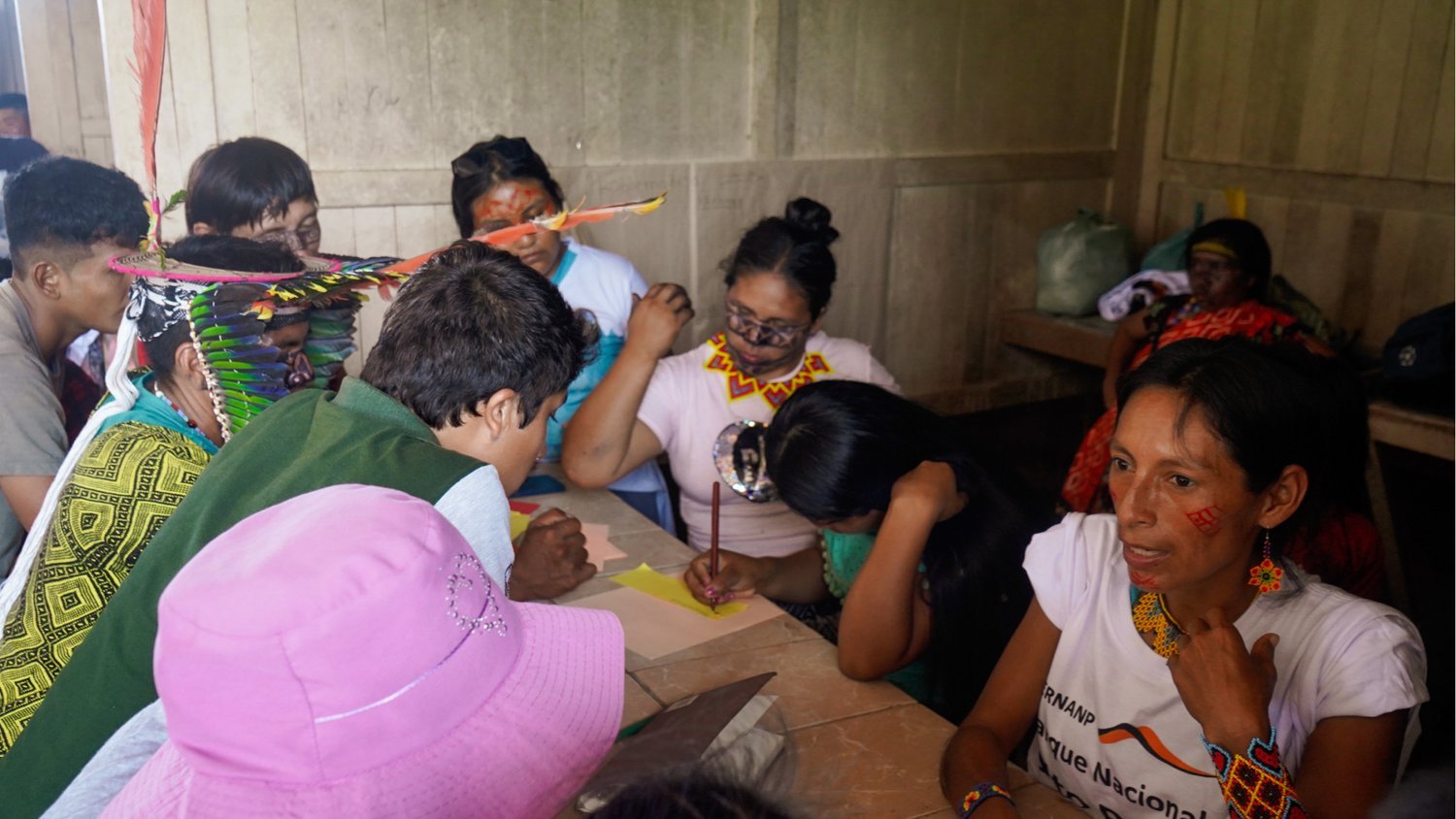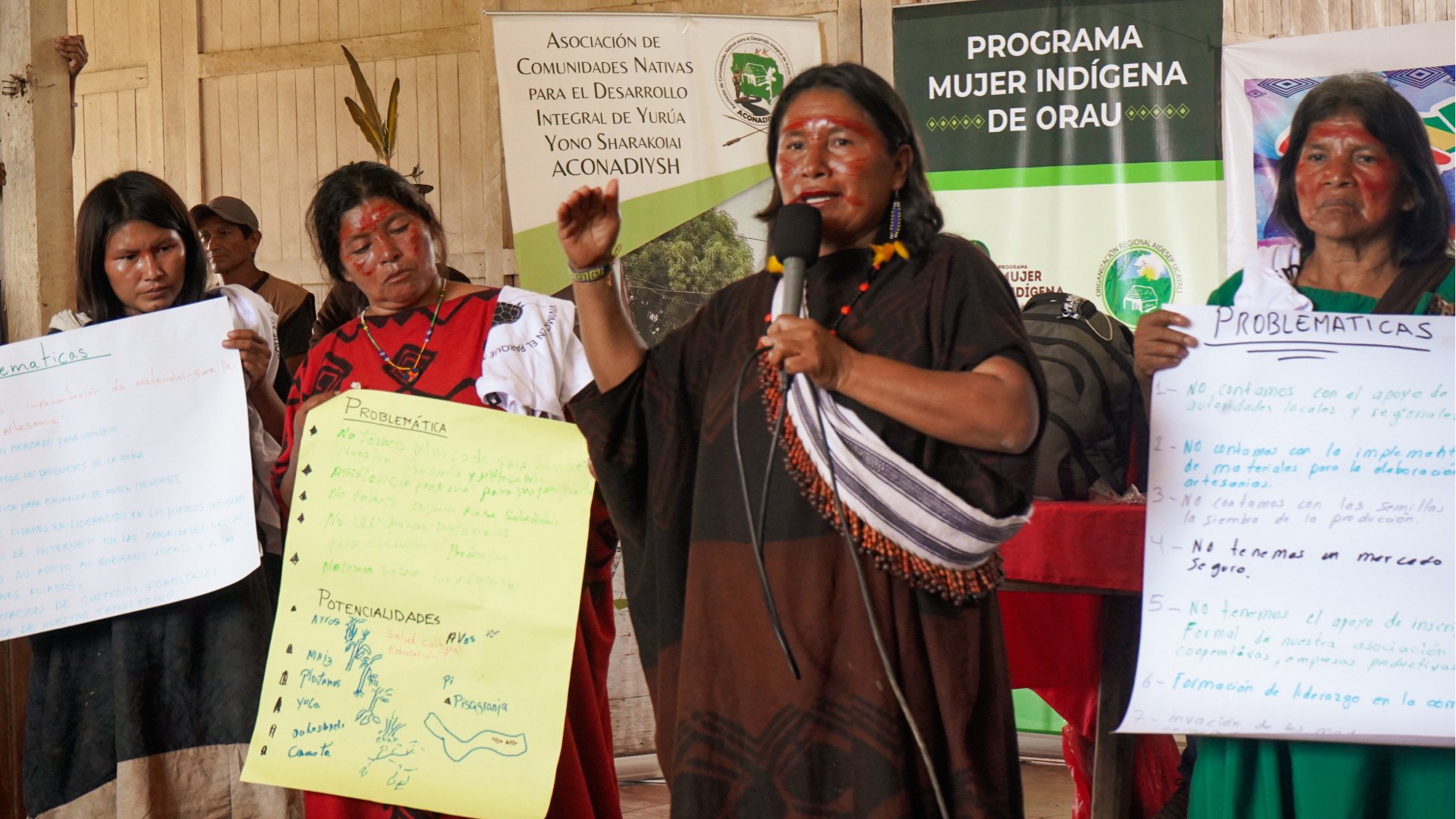100 female leaders from the Brazil - Peru boundary area gather on International Women’s Day
On March 8, 2023, approximately a hundred indigenous women from the border region of the Yurúa, Alto Tamaya (Peru), and Juruá (Brazil) basins gathered in Puerto Breu (Yurúa, Ucayali) to share their vision of development and discuss the challenges they face in achieving it.
This gathering was made possible through the alliance between the Association of Native Communities for the Integral Development of Yurúa Yono - Sharakoiai (ACONADIYSH), the Indigenous Women Program (PMI) of the Regional Organization AIDESEP Ucayali (ORAU), the District Municipality of Yurúa, and Upper Amazon Conservancy (UAC). It brought together female leaders and authorities from twelve native communities in this region: Sawawo Hito 40, Dulce Gloria, Koshireni, Nueva Shahuaya, Alto Tamaya - Saweto, El Dorado, Santa Rosa, Beu, Nueva Victoria, Santa Ana, San Pablo, and Nueva Bella.
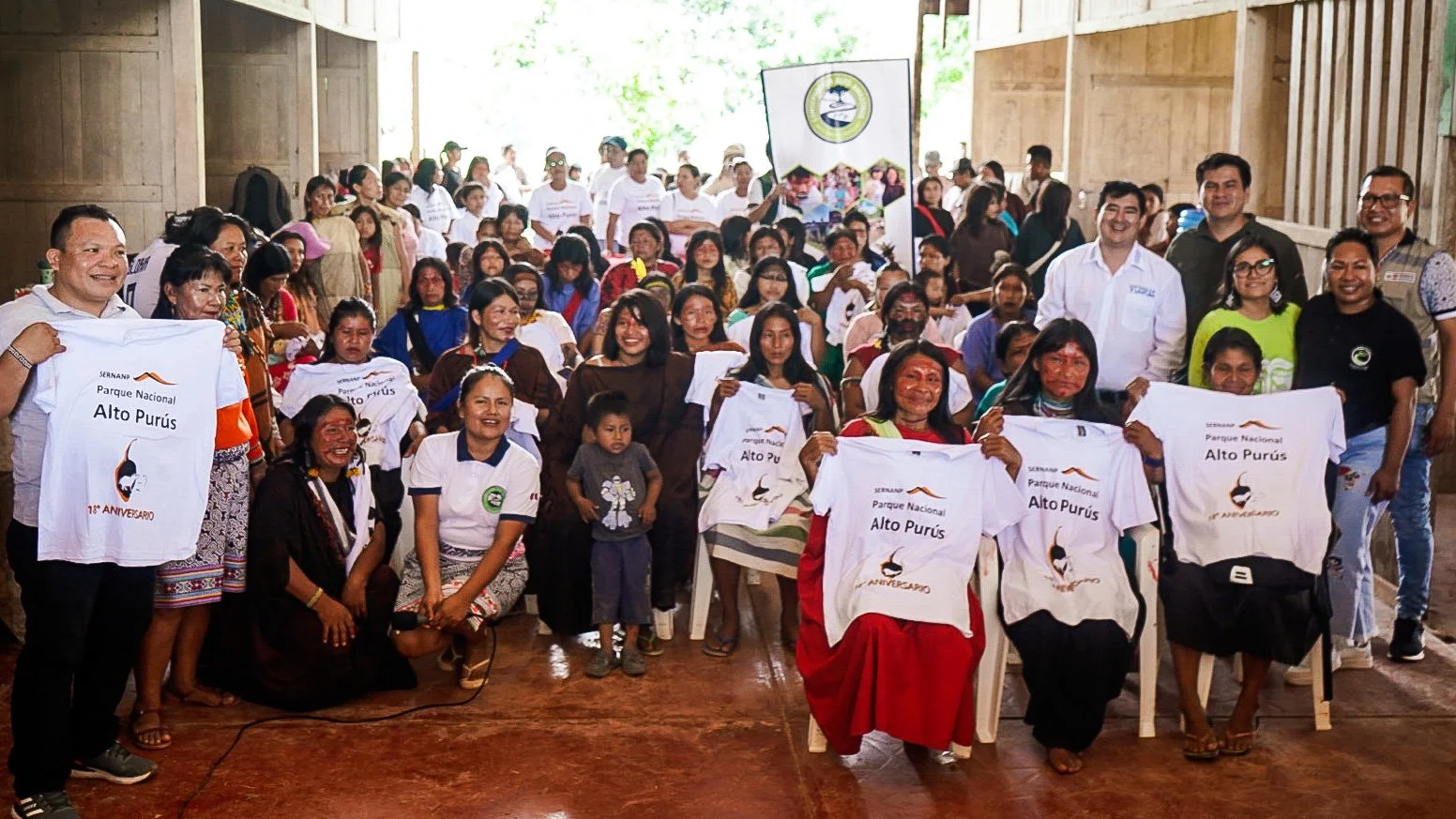
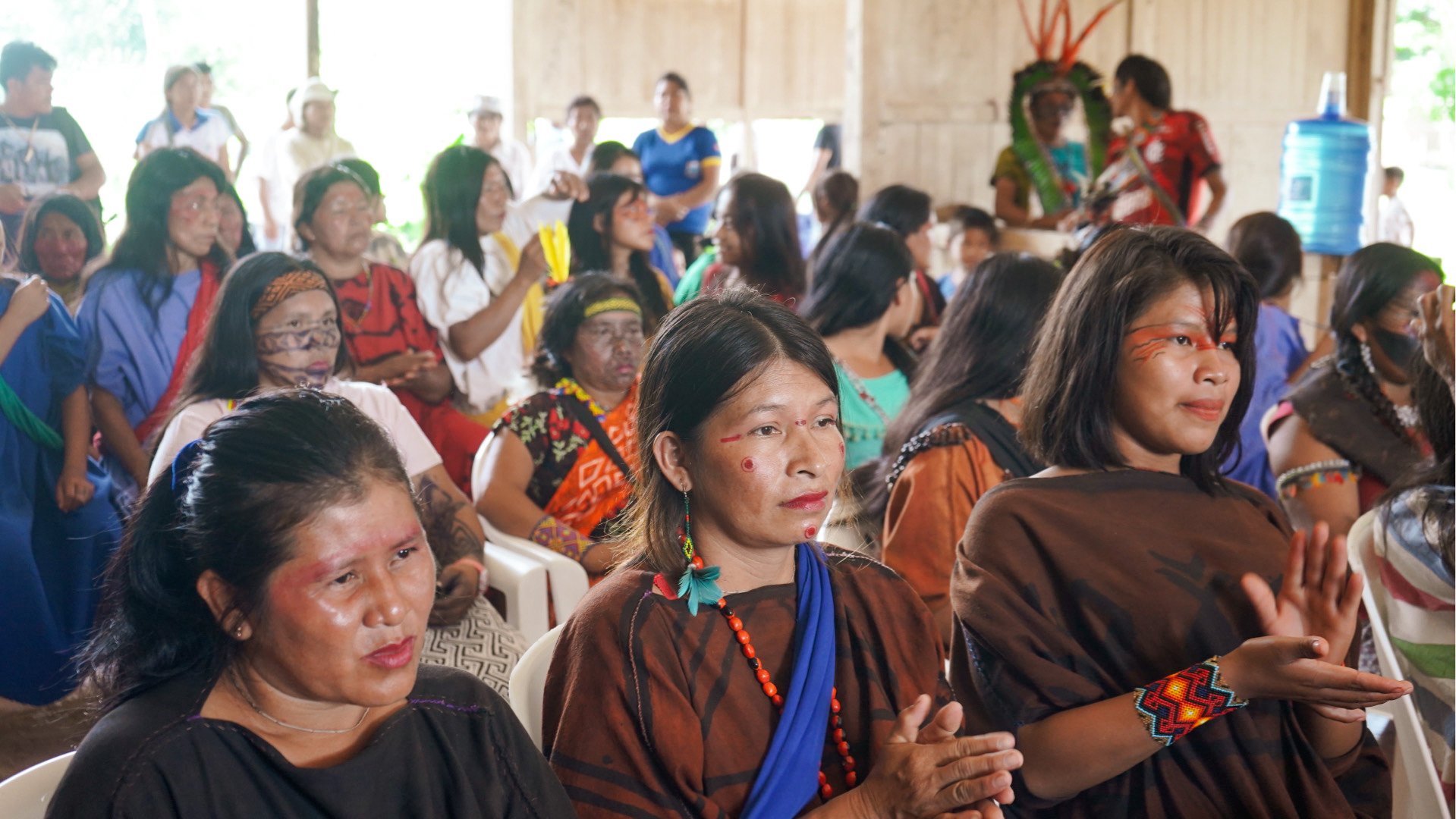
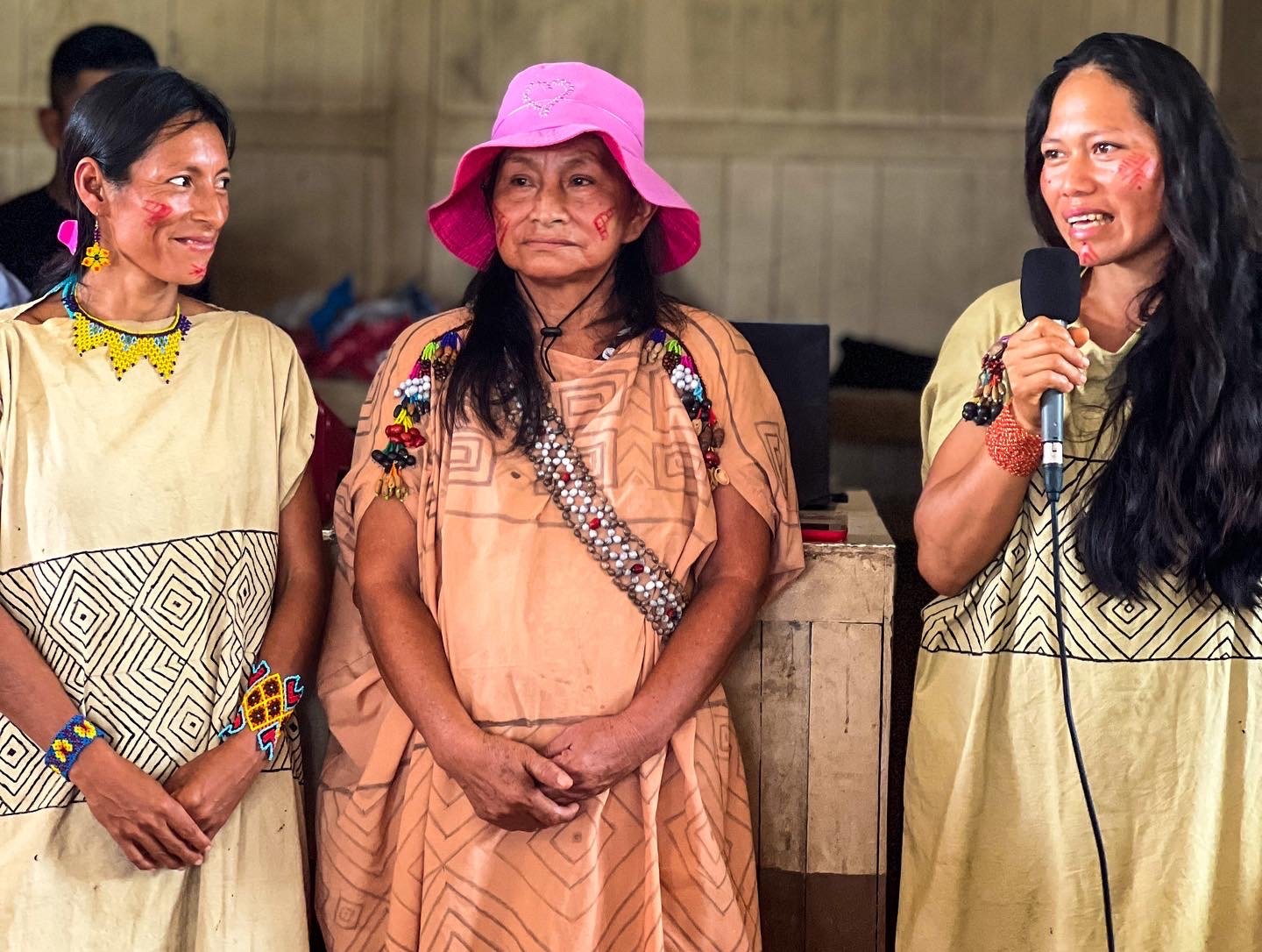
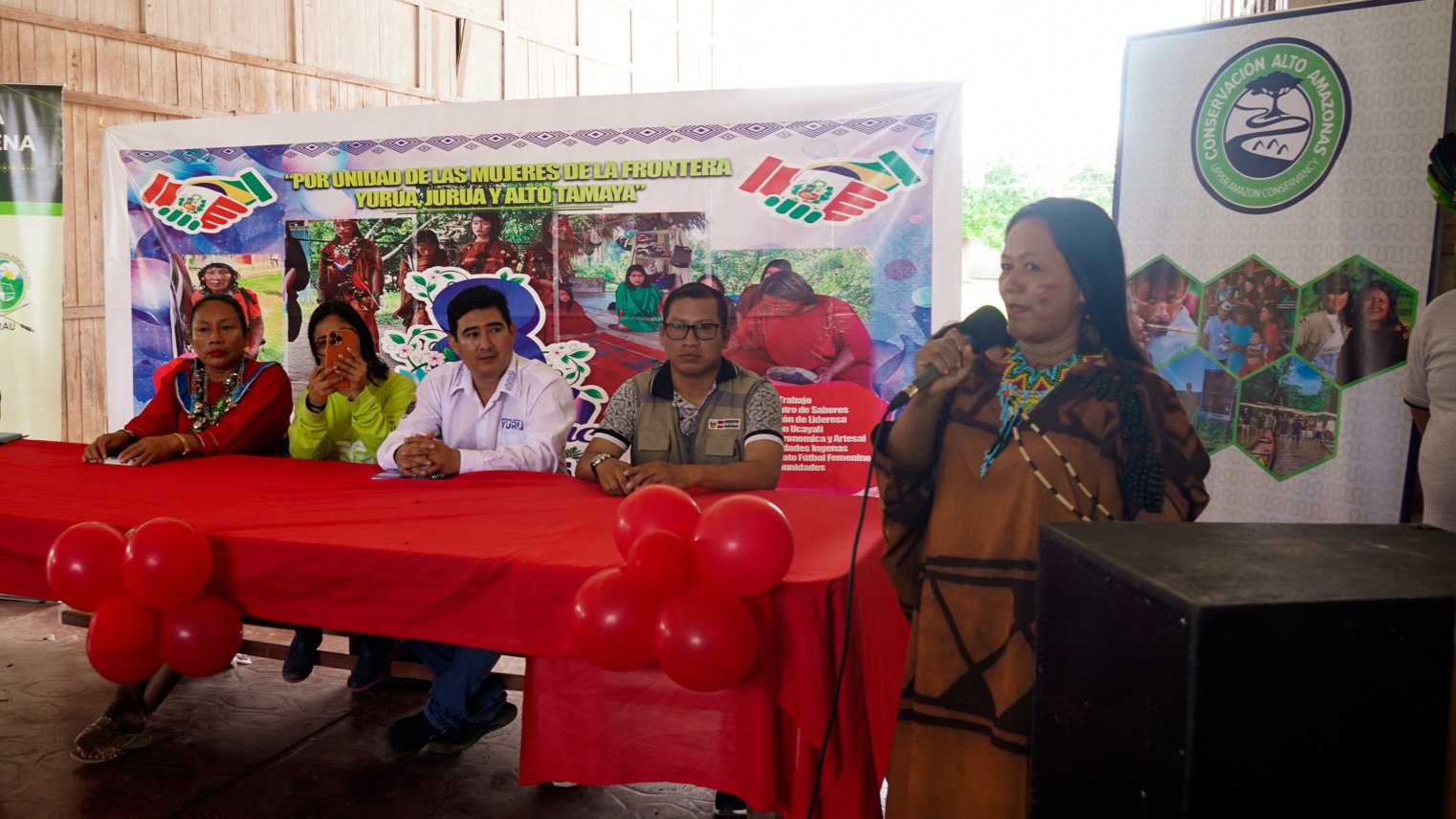
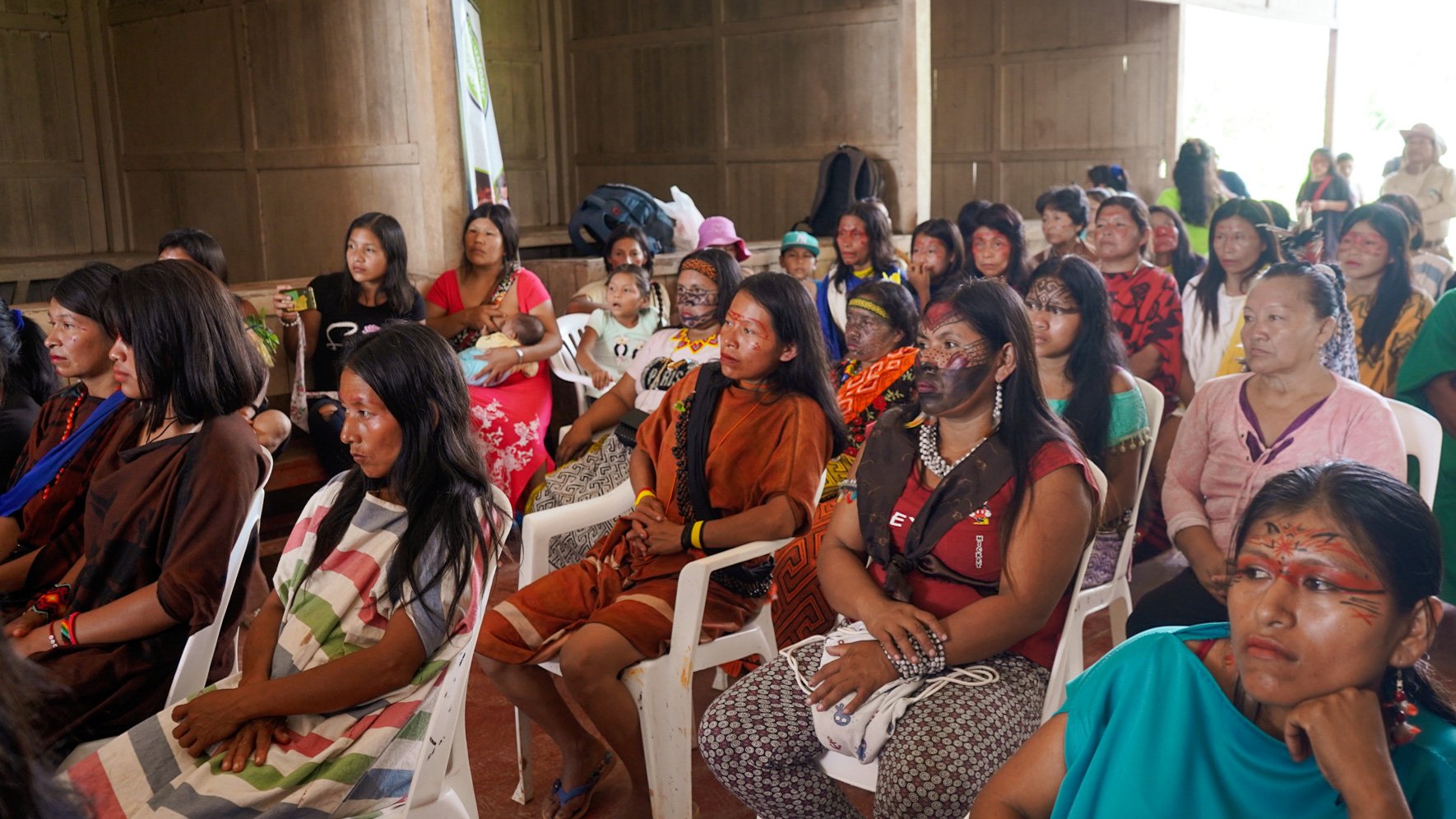
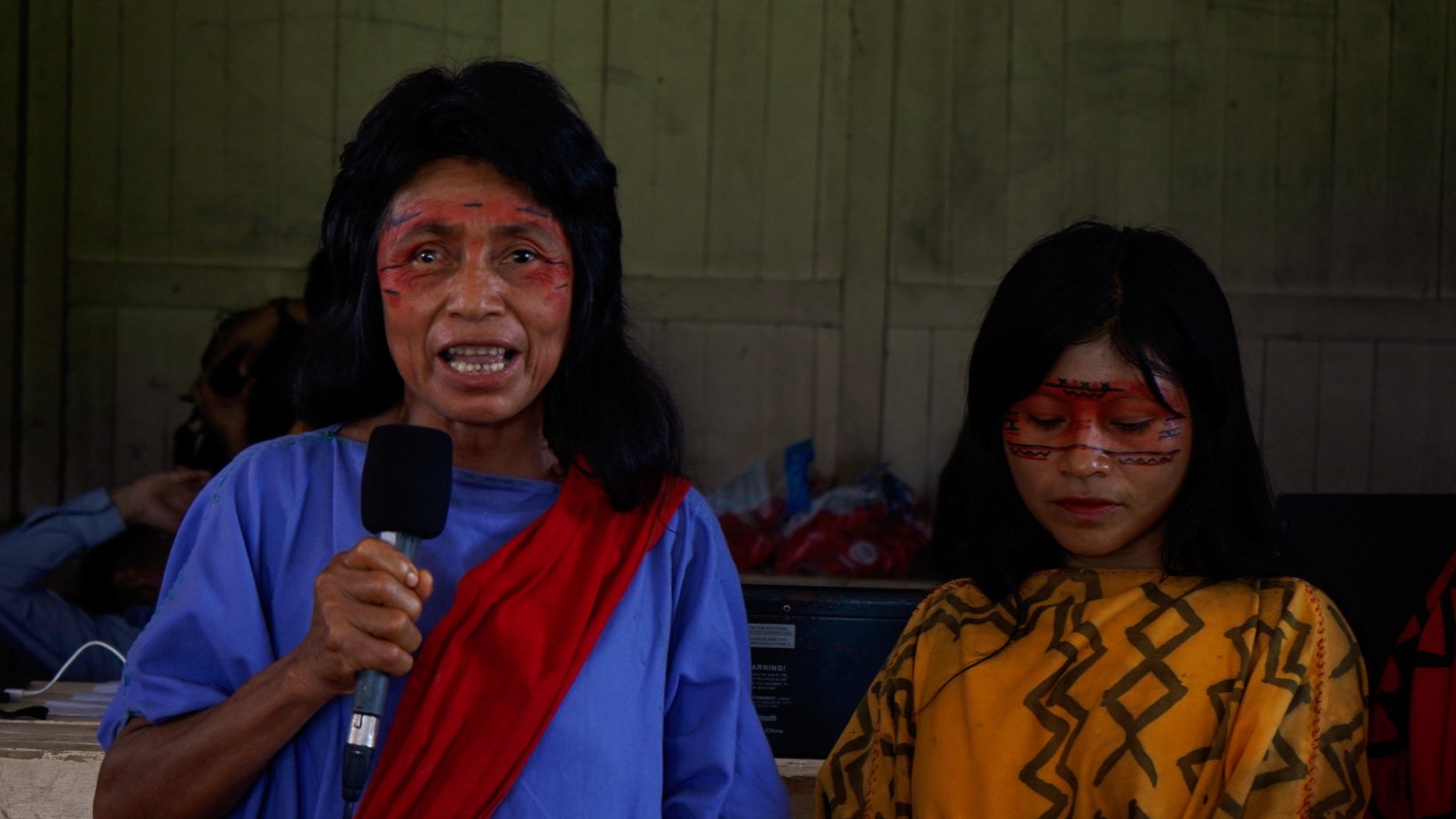

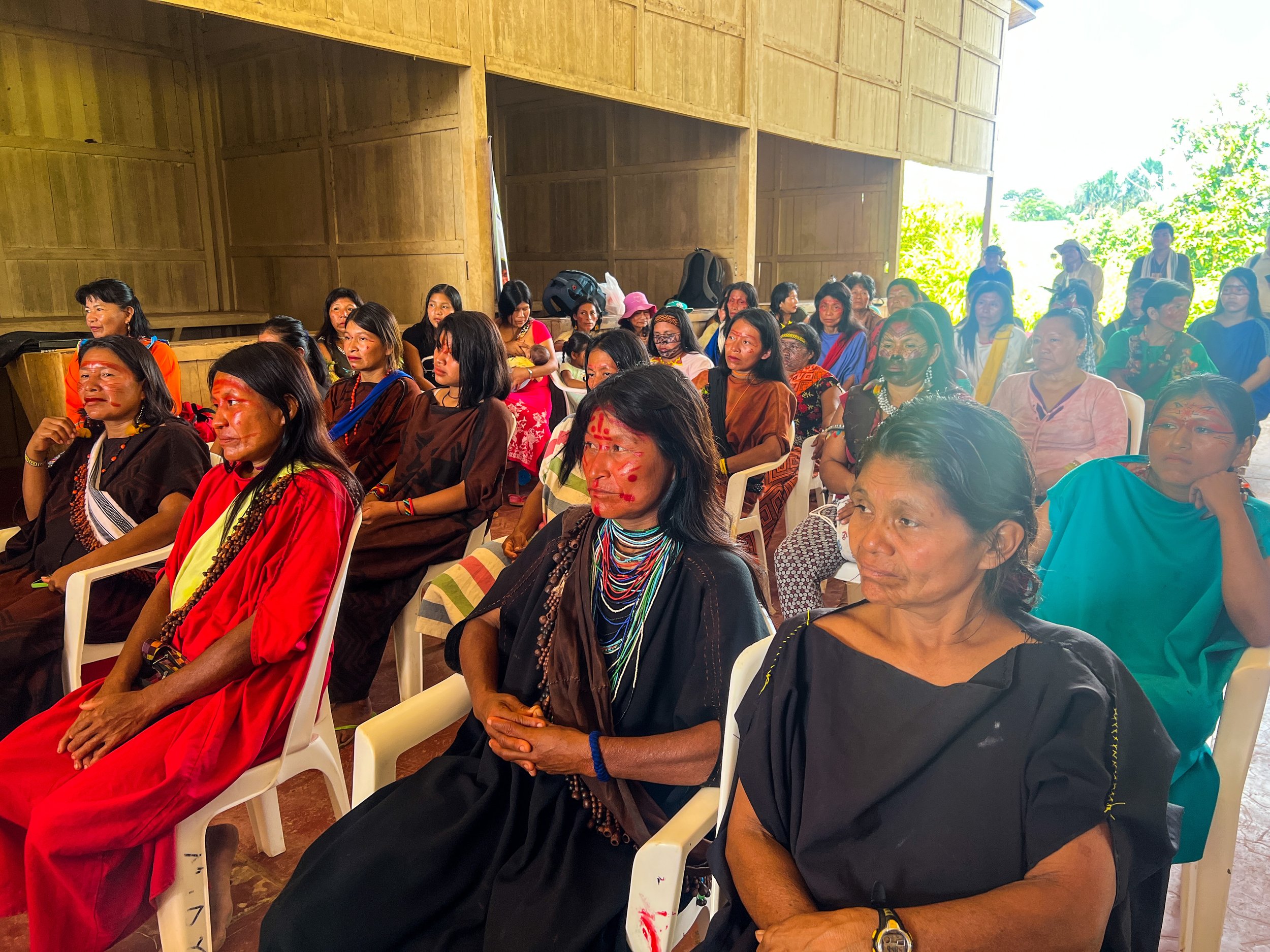
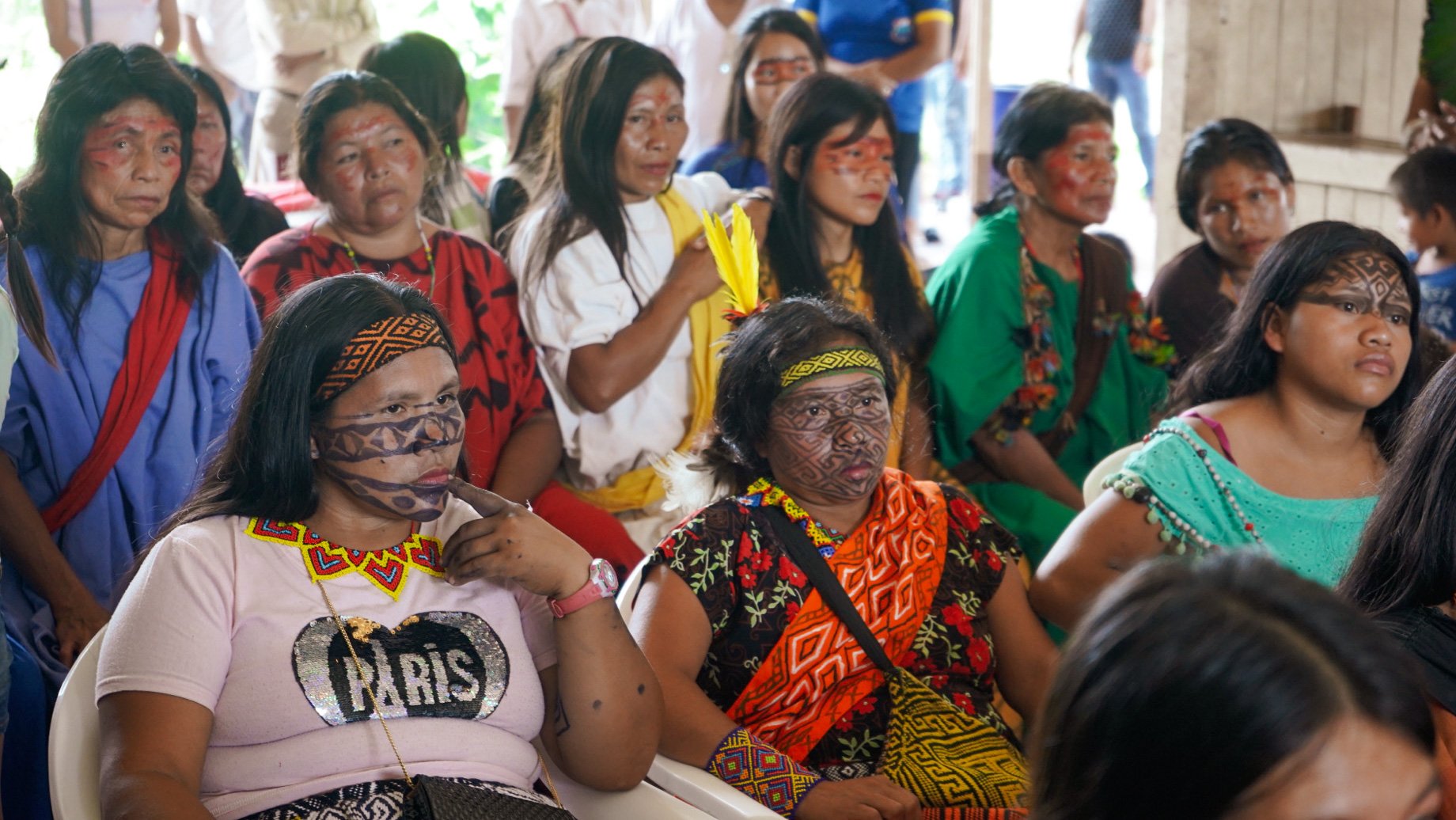
This meeting marked the beginning of the Yurúa Indigenous Women Program, led by the Regional Organization AIDESEP Ucayali (ORAU), the Association of Native Communities for Comprehensive Development of Yurúa Yono Sharakoiai (ACONADIYSH), the Ashaninka Association of the Amonia River (APIWTXA), and Upper Amazon Conservancy (UAC), in order to promote women’s empowerment through environmental and community-based projects.
During the opening of the event, Mrs. Cecilia Brito Vásquez, a member of the PMI ORAU, reminded how women started to hold leadership positions in the Asociación Interétnica de Desarrollo de la Selva Peruana (AIDESEP):
“In 1999, a woman—Ashéninka and Yanesha—was elected for the first time in the Executive Board as a spokesperson. Since then we started out as sisters, as Indigenous women in this long process we have roamed. And since then the Women’s Program was born, in order to keep working for the effective participation of women in the community.”
For most Indigenous women this was their first participation in a public event. They shared their oral traditions, experiences and future challenges to stand out in their communities. These women leaders were very enthusiastic and participative, and asked for more events on leadership and women’s rights to be held.
“We, as Indigenous peoples, do not know what our rights are as women. Now we know what those are. That’s why we came to these meetings and trainings.”
- Juana Piñango Castro, San Pablo Native Community
“We have never participated like this. This is the first time we have come to participate. We want to learn about the women’s workshop. We had never seen that before… I am awakening. It seems that we have been living almost ‘buried’, but now we are going forward!”
Hilda Guerra Pérez, El Dorado Native Community
During the event, they gathered in groups in order to present their future goals contributing to the economic development of their families and communities. They said that once back in their communities they will share all they have learned with their families.
“We want more training so we can share what we’ve learned with the community. We want to understand what we need for working successfully, and we want to have a quiet life so we don’t lack anything in education, healthcare, food… We want to work with a sustainable plan.”
María Elena Paredes, Sawawo Hito, 40, Native Community
However, they also said they face social and political marginalization from other members of the communities.
It is not easy being a female leader in our community. Sometimes the men, only them, want to be chiefs. But we as leaders and women, we also take part in the initiatives and works we do in the community with great responsibility. And this is what we want—to keep strengthening the other young ladies…”
María Elena Paredes, Sawawo Hito, 40, Native Community
One potential these leaders have is the production of handicrafts. However, they need support from the local, regional and national government agencies in order to reach the markets.
“We know how to make handcrafts, the cushma, necklaces… but we don’t know where to sell them. We need a women’s program which is entirely for Yurúa, so we can attend the other demands from our sisters—their problems—through projects on handcrafts and poultry farming.”
María Elena Paredes, Sawawo Hito, 40, Native Community
The district mayor of Yurúa, Mr. Manuel Arévalo Mogrovejo, greeted this meeting because it helps the local government include activities that promote and strengthen the development of Indigenous women into their public policies. As of this meeting, ACONADYISH and the Indigenous Women Program-ORAU, in partnership with Upper Amazon Conservancy, will assist the working plan of Yurúa women.
